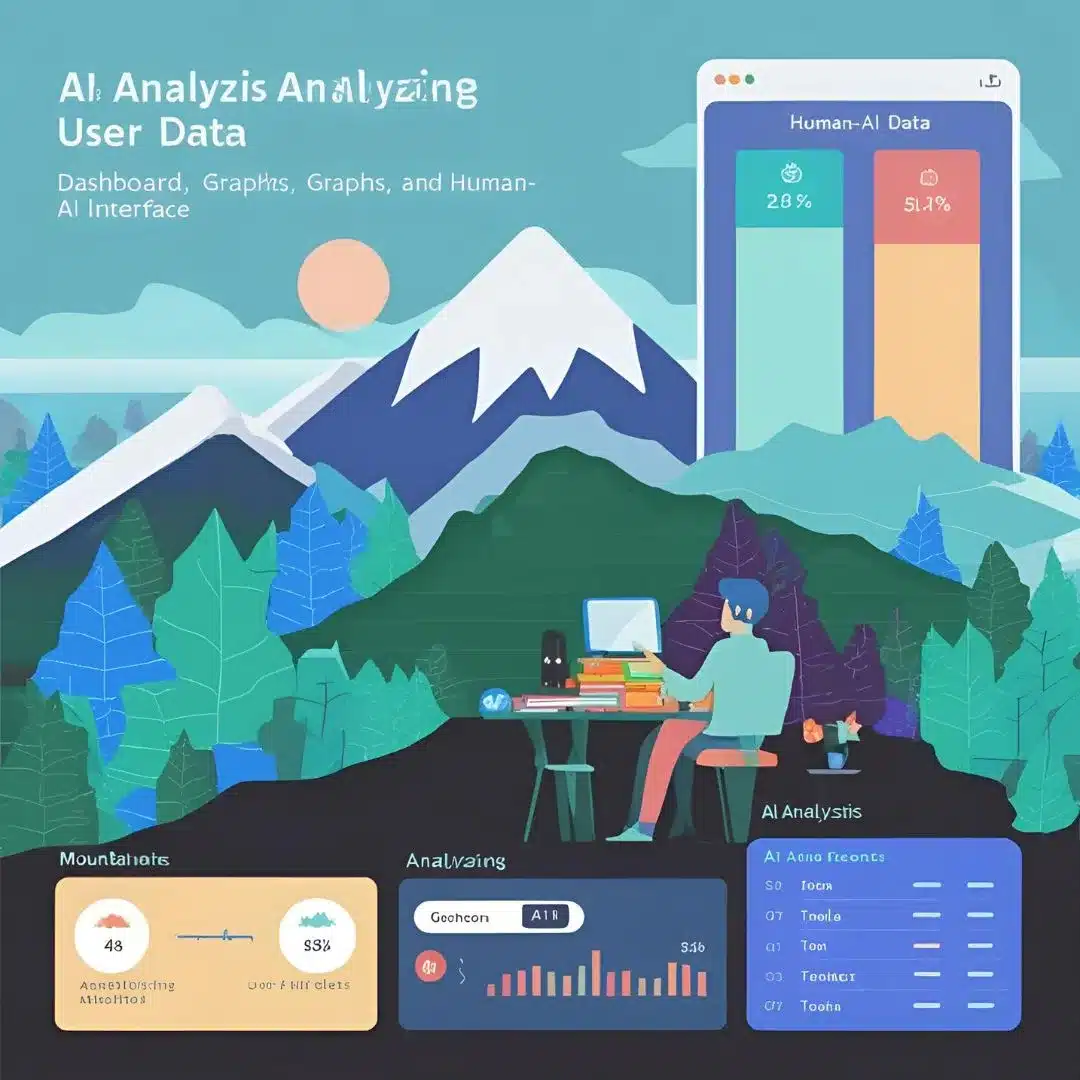Today’s business environment has reached a level where improving your first page ranking on search engines like Google is the key to success. Onpage optimization or onpage SEO involves various pages of the website and is therefore very effective in attracting visitors. Fortunately, there are many types of electronic devices that can make work easier and increase productivity. In this blog, we will share some of the Best OnPage SEO Tools that can improve your website’s ranking and visibility.

Table of Contents
ToggleWhat Is On-Page SEO?
On-page SEO refers to improving the content of the website like content, title tags, meta descriptions, internal links, etc. Unlike off-page SEO which deals with other things like backlinks, on-page SEO focuses on making your website user-friendly and search engine friendly.
Why Is On-Page SEO Important?
- Increase visibility: On-page SEO can increase your site’s chances of appearing in relevant searches by helping search engines better understand your content.
- Improve user experience: Optimization can increase engagement by improving readability, navigation, and overall user satisfaction.
- Increase organic traffic: Optimized content attracts organic traffic, which is often more profitable than paid.
Top On Page SEO Tools for 2024
Here is a curated list of on-page SEO tools that you can use to get your website optimized and ranked higher on search engines:
1. Yoast SEO
Yoast SEO is one of the most popular and Best OnPage SEO Tool feature-rich WordPress SEO plugins out there. Yoast SEO is a powerful tool that assists website owners in increasing their website’s search engine exposure. It has a wide range of features that help you optimise your content for search engines as well as readers.
Keyword analysis is one of its primary advantages, ensuring that you are employing the appropriate keywords to draw in your intended audience. Yoast assists you in balancing the optimisation of your content with natural readability by examining the density and placement of your keywords.
Yoast offers easy editing capabilities for meta tags, including the meta title and meta description, in addition to keyword analysis.
Key Features:
- Focus on content optimization
- Meta title and description customization
- Readability score search
Why Use Yoast SEO? As long as your content follows SEO best practices, Yoast’s built-in analytics tools give you the green light to easily optimize pages and ads without any technical knowledge.
2. SEMrush OnPage SEO Checker
With its robust On-Page SEO Checker feature, SEMrush is an all-in-one, complete SEO solution. With this tool, users may examine each page on their website’s SEO health. SEMrush offers useful information and suggestions by evaluating your page against the top 10 ranking pages for a particular keyword. These suggestions boost ranking elements, optimise content, and improve your website’s general functionality.
SEMrush stands out because of its data-driven methodology. Numerous on-page elements are evaluated, including readability, headers, meta tags, and keyword usage. It also assesses user experience indicators like backlinks, page speed, and mobile friendliness, and it generates a comprehensive report on areas that require work.
Key Features:
- Detailed information on how to optimize recommendations
- Keyword usage, readability and meta tag evaluation
- Competitor comparison
Why Use SEMrush? This tool can help you understand why certain competitors rank higher than you and provide on page SEO improvement plans.
3. Google Search Console
You may track, manage, and troubleshoot your website’s visibility in Google Search results with the help of Google Search Console (GSC), a robust and free service from Google. Regardless of whether you oversee a business website, e-commerce platform, or personal blog, GSC enables you to monitor how well your website performs in search results, assisting you in raising its exposure and rating.
You may see comprehensive reports on search traffic data with GSC, including the quantity of clicks, impressions, and average position of your sites for particular search queries. Not only can you determine which keywords are bringing visitors to your website, but you can also use this information to optimise your content and gain important insights into user behaviour.
Key Features:
- Monitor keyword performance
- Help resolve indexing issues
- Provide search and click data
Why Use Google Search Console? It’s a must-have tool for every website owner. Not only does it provide performance data directly from Google, but it can also help you fix SEO errors like 404s, site issues, and more.
4. Screaming Frog SEO Spider
Screaming Frog is a potent and adaptable SEO tool that helps you obtain comprehensive insights into the SEO health of your website by simulating the crawling behaviour of search engines. Similar to how Google and other search engines would crawl your website, this program carefully goes through each page. Screaming Frog can help with search engine optimisation by spotting any problems with your website.
Its unique feature is its capacity to identify broken links (404 errors), which can have a detrimental effect on SEO performance and user experience. In order to ensure that users can traverse your website easily and that search engines do not penalise you for broken links, it is imperative that you fix these broken links.
Key Features:
- On-page SEO audit
- Find links and redirects
- Check meta tags, titles and images
Why Use Screaming Frog? This tool is invaluable for detailed SEO analysis. It helps you clean up your website, thus improving user experience and search engine rankings.
Screaming Frog Official Website
5. Ahrefs On-Page SEO Analyzer
Ahrefs is a well-known and adaptable SEO tool that provides a strong on-page SEO analyser to assist you in optimising your website. Known mostly for its backlink analysing skills, Ahrefs also excels in giving extensive on-page SEO analytics, making it a go-to tool for digital marketers and SEO specialists.
The Ahrefs On-Page SEO Analyser offers practical recommendations for enhancing header tags, meta descriptions, title tags, and keyword density, among other on-page components. Through an analysis of HTML structure, internal linking, and content relevancy, the tool identifies areas that require repair in order to boost your search engine rankings.
Key Features:
- Content Gap Analysis
- Advertising SEO Tips
- On-Page SEO Optimization Tips
Why Use Ahrefs? Ahrefs offers powerful on-page analytics tools, including insights into backlinks, content inconsistencies, and content quality. This is the best option for those serious about improving their SEO.
Also checkout this one:
The Dos and Don’ts of Off-Page SEO Link Building in Competitive Industries
Best Practices for On-Page SEO in 2024
Using tools is important, but understanding the best practices behind on-page SEO will help you get the most out of them. Here are some important on-page SEO tips:
- Optimize for mobile: Make sure your website is mobile-friendly as search engines prioritize mobile-first indexing.
- Increase page speed: Use tools like Google PageSpeed Insights to ensure your site loads quickly.
- Use internal linking: Link your content together to add SEO value to your site and keep users engaged.
- Optimize for voice search: With the rise of voice assistants like Alexa and Siri, optimize your content for conversational content.
- Leverage data: Using schema markup can help search engines better understand your content, resulting in richer content and higher click-through rates.
Conclusion: Best OnPage SEO Tools
The foundation of every effective SEO plan is on-page SEO, which guarantees that your website is optimised for both people and search engines. Making use of the appropriate technologies can have a big impact on the performance and exposure of your website. In 2024, producing content alone will not be enough to maintain competitiveness in the digital sphere. Cutting-edge SEO solutions that simplify the entire optimisation process will be essential.
Yoast SEO, for example, is still one of the most widely used tools for content optimisation. Yoast’s extensive feature set enables you to make sure your content is legible and interesting for search engines as well as users, that your meta tags are optimised, and that your keywords are correctly targeted. This raises the quality of your material as a whole and increases your ranking potential.
Technically speaking, Screaming Frog provides comprehensive site audits that let you find problems like broken links, missing metadata, or slowly loaded pages—all of which can impede your search engine optimisation efforts. Similar to how a search engine would crawl your website, this tool provides you with insights on any issues that can be influencing your rankings. Resolving these problems can greatly improve both the user experience and search engine performance of your website.
Apart from this, additional resources such as Google Search Console and SEMrush can provide valuable insights into the competitive landscape, keyword performance, and overall health of your website. Google Search Console facilitates monitoring and providing reports on the visibility of your website in Google search results, whereas SEMrush offers superior keyword research, backlink analysis, and content marketing capabilities.
By utilising these potent instruments, you can maintain an advantage over your rivals in 2024. They not only improve your websites’ search engine rankings but also increase organic traffic, lower bounce rates, and improve user experience to keep users on your pages longer. These tools give you the support you need to keep growing in the always changing digital landscape, whether you are optimising for mobile, streamlining your content strategy, or increasing page speed.
References:
Checkout our new blogs:
- Top Free SEO Tools for Website Optimization
- Best Free Marketing Tools to Boost Your Business
- How AI is Positively Increase Revolutionizing SEO: Key Tools and Strategies
- Top OnPage SEO Tools to Boost Your Website Ranking
- Top Free SEO Tools for Website Optimization
- Top 5 Lightweight WordPress Themes for Faster Website Load Time
- Top 5 Easy Online Jobs with No Experience
- Top 5 Beginner-Friendly AI Courses to Jumpstart Your Tech Career
- Local SEO for E-commerce: A Guide to Driving Targeted Traffic
- How to Secure WordPress Site with Free Tools and Plugins
- How to Learn AI Quickly: An Exciting Beginner’s Guide to Success
- How to Increase Website Speed in WordPress: A Comprehensive Guide
- How to Earn Money from Home: Simple and Rewarding Online Jobs for Beginners
- How AI is Positively Increase Revolutionizing SEO: Key Tools and Strategies
- Best Alternatives to Elementor Pro: Top WordPress Page Builders for 2024
- 10 Essential WordPress Plugins for 2024 You Should Install Now



